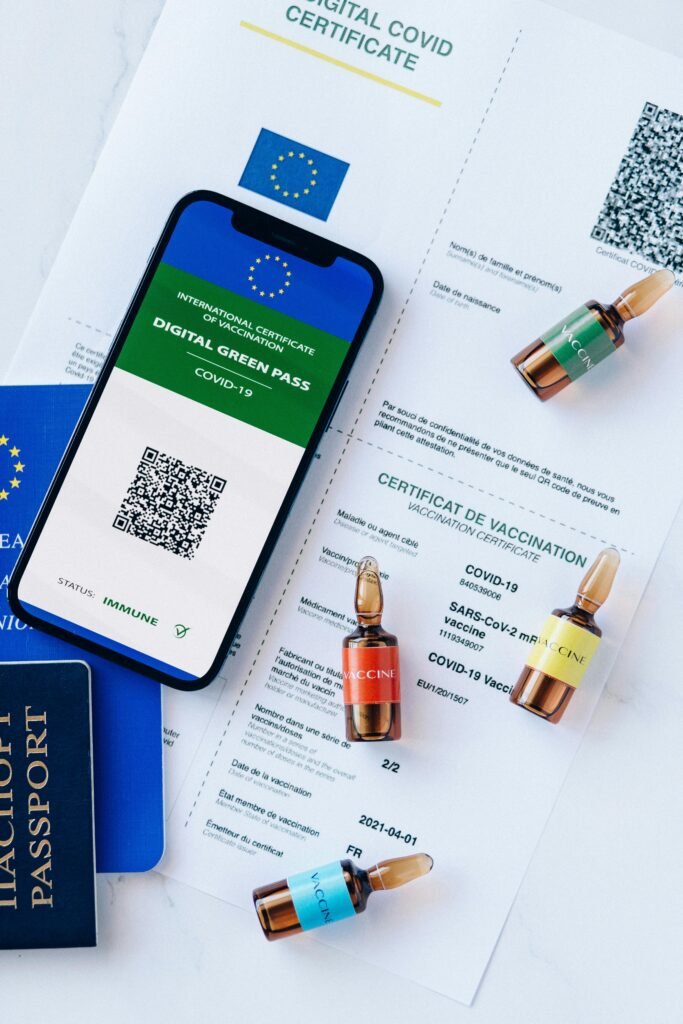
In 2024, African citizens lost nearly $70 million in non-refundable Schengen visa fees due to application rejections—a staggering figure that highlights systemic issues within the European visa process. According to the LAGO Collective, a London-based research group, African applicants are disproportionately affected, facing some of the highest rejection rates globally.
Each Schengen visa application costs €90 (approximately $100), a fee that is not returned even if the visa is denied. This financial burden is particularly heavy for applicants from countries with lower income levels, effectively penalizing them for seeking international opportunities.
Disparities in Rejection Rates
According to Africanews, data from the European Commission reveals that certain African countries experience exceptionally high Schengen visa rejection rates:
-
Comoros: 62.8%
-
Guinea-Bissau: 47.0%
-
Senegal: 46.8%
-
Nigeria: 45.9%
-
Ghana: 45.5%
These figures stand in stark contrast to the global average rejection rate of approximately 18%, underscoring a significant disparity that raises concerns about fairness and transparency in the visa application process.
Systemic Challenges and Calls for Reform
The high rejection rates and associated financial losses have prompted criticism from various quarters. Marta Foresti, founder of the LAGO Collective, describes the situation as a form of “reverse remittances,” where funds flow from poorer nations to wealthier ones without any tangible benefit. She asserts that “the poorer the country of origin, the higher the rejection rates,” suggesting systemic bias within the visa evaluation process.
In response to these issues, Zambian President Hakainde Hichilema has called for the European Union and the United Kingdom to refund fees for rejected visa applications, highlighting the unfair financial burden placed on applicants.

Navigating the Visa Application Process
Given the challenges outlined above, it’s crucial for African applicants to approach the Schengen visa process with meticulous preparation:
-
Comprehensive Documentation: Ensure all required documents are complete, accurate, and up-to-date. This includes proof of financial means, travel insurance, accommodation details, and a clear itinerary.
-
Clear Purpose of Visit: Articulate a well-defined reason for travel, whether it’s tourism, business, or family visits, and provide supporting evidence.
-
Demonstrate Ties to Home Country: Provide evidence of employment, property ownership, or family obligations that indicate a strong incentive to return home after the visit.
-
Seek Professional Guidance: Consider consulting with immigration experts or legal advisors who can offer personalized advice and help navigate the complexities of the application process.
Conclusion
The significant financial losses and high rejection rates faced by African applicants for Schengen visas highlight the need for greater transparency and equity in the visa application process. While systemic reforms are necessary, applicants can improve their chances by thoroughly preparing their applications and seeking professional assistance. At SwiftPass Global Immigration, we are committed to supporting applicants through every step of the visa process, offering expert guidance to help navigate these challenges effectively.